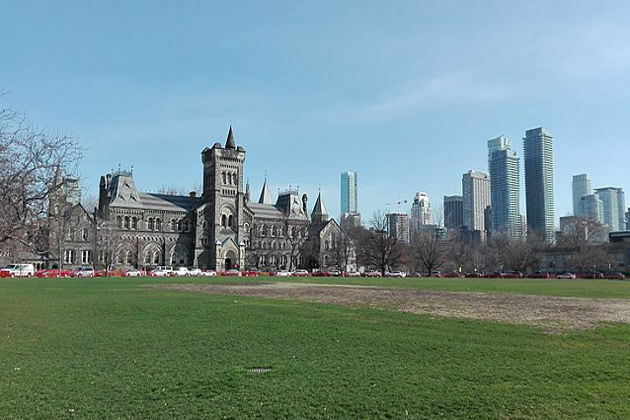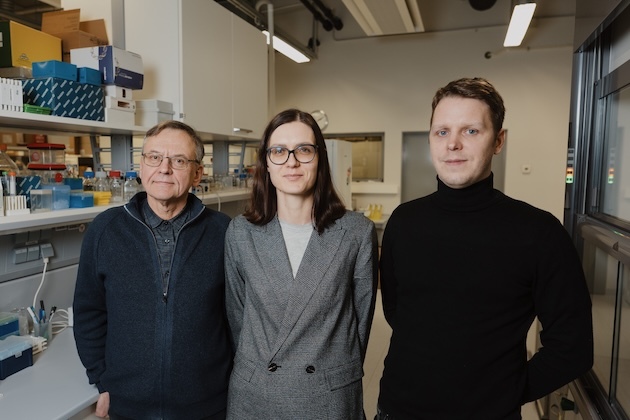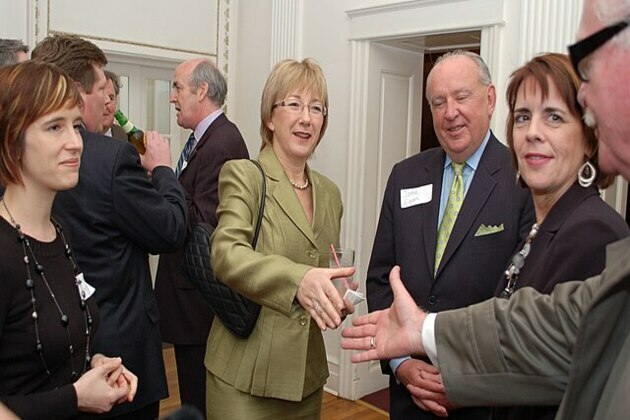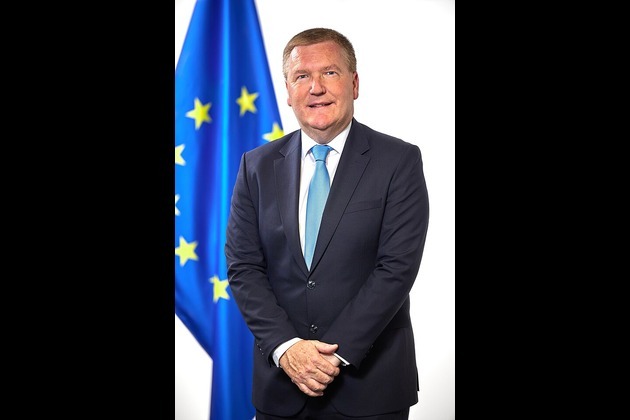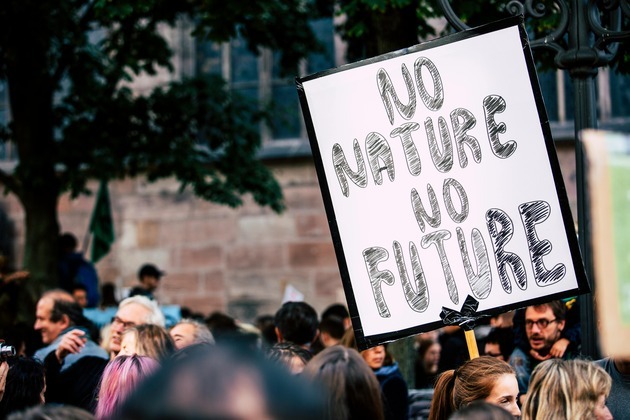Forum for Promoting Peace in Muslim Societies refutes extremist ideologies
WAM
19 Dec 2016, 22:42 GMT+10

ABU DHABI, 19th December, 2016 (WAM)-- More than 400 world-renowned Islamic academics, philosophers, dignitaries, thinkers, researchers, youths and opinion-makers today concluded the third Annual Forum for Promoting Peace in Muslim Societies where they endeavoured to refute extremist ideologies to rectify the negative image of Islam as well as confront the oppression that many religious minorities face in the world.
The two-day forum was organised by the Abu Dhabi-based Muslim Council of Elders, an independent international body established in 2014 to encourage dialogue and promote peace, tolerance and respect for others.
In his review of a demographic study of the Middle East, Jim Zogby, President of the US-based Arab American Institute, who opened the platform at the two-day forum, shared several statistical findings and polls on how Muslims in the Middle East perceive themselves.
Zogby highlighted several important observations, including how Muslims often view modern extremism as having no connection to religion or lack of religion. Furthermore, in resonating with the Marrakesh Declaration, many Muslims view the rights of non-Muslims as a crucial religious value. In his conclusion, Zogby noted how the Middle East is a hub for accepting diversity in culture, religion and politics.
Shaikh Hamza Yusuf, world-renowned scholar and President of US-based Zaytuna College, talk ranged from history to philosophy to theology. In discussing the role of nation-state, he compared Thomas Hobbe's book "Leviathan" and Imam Maqdisi's three primary roles of the state, which include corruption, unreasonable costs of living and a wider division between the rich and poor.
He then applied these points to explain Syria's current turmoil.
Yusuf also reviewed the necessary roles a state needs to play by comparing the works of well-known scholars such as Ibn Khaldun and John Locke. He emphasised how all these functions are futile when they are not ontologically anchored by the concept of justice.
Furthermore, Yusuf then focused on the spiritual crisis most people face, which grounds the sociopolitical crisis we are observing in the modern world. "It is only by confronting spiritual diseases that we can overcome our contemporary problems," he concluded.
Sheikha Lubna bint Khalid Al Qasimi, UAE Minister of State for Tolerance and President of Zayed University, discussed various preventive measures that the UAE has taken to counter terrorism within the country and foreign soil.
She pointed out that in the span of only a few years, the United Arab Emirates moved from the 8th to 3rd place for tolerance.
Chairman of the UAE General Authority for Islamic Affairs and Endowments and Secretary-General of the forum, highlighted national efforts for promoting tolerance in words and in action.
He discussed the necessity to communicate and reach out to all cultures facing extremism, demonstrating initiatives and strategies that the Islamic authority have in place to achieve this aim. "We work tirelessly to promote religious awareness, implementing tolerance, moderation and peace within society. We will not allow for extremists to promote their distorted views among us."
He also spoke about the anti-discrimination act issued by the country in 2015, which guarantees the freedom of individuals from religious intolerance and underpins the UAE's policy of inclusiveness. "The act protects human dignity and religious freedom while providing peace to all cultures."
"There are 5469 Islamic centres in the UAE where the government works to promote a civilised image to become the educational platform where everyone benefits from these initiatives," said Al Kaabi.
Shahid Malik, former UK minister of justice, concluded the case studies on the UAE, discussing the importance of hope in tumultuous times: "In some years, entire ?decades' happen and change isn't always a positive thing. The question we face is how do we make ?conflict' a fact of life rather than a way a way of life?".
He called UAE a land of ?cultural miracles', pointing out that the peace that exists amongst diverse groups in the country is remarkable.
He explained that it is crucial to understand the role of Islam for human rights and as an antidote to extremism in the name of religion.
"You cannot beat an ideology with a bomb. This is a battle for hearts and minds. Non-Muslims in other parts of world perceiving Islam in a negative light is a reality, but we must reach out to them. This is why we need Shaikh Abdullah bin Bayyah and others to represent Muslims, not the Islam hijacked by twisted and perverted individuals. We need someone brave to speak out against the extremists. Edmund Burke said, ?All that is necessary for evil to prevail is for good people do nothing.' We are slowly rising to the challenge, perhaps the most profound challenge of our time" said Shahid Malik.
Cardinal Theodore Edgar McCarrick, Archbishop Emeritus of Washington D.C.; Jan Figel, European Union Special Envoy for the Promotion of Freedom of Religion or Belief outside the EU; Prof Dr. Hisham .A. Hellyer, Senior Fellow, Atlantic Council and RUSI (Reinvigorating the North Atlantic Council); and Dr. Abdul Hakim Jackson, King Faisal Chair in Islamic Thought and Culture and Professor of Religion and American Studies and Ethnicity provided testimonials and recommendations on the importance of The Marrakesh Declaration.
The declaration from last year provides a legal framework and a call to action to preserve the rights of religious minorities in predominately Muslim majority communities.
At one of day one sessions, Shawki Allam, Mufti of Egypt, emphasised the interest that the public have in the administration of the state in light of Islamic political theory.
Dr. Ridwan Al-Sayyid, Professor of Islamic Studies at Lebanese University explained, "We cannot imagine a society without leadership. In order to remain a modern society, we must organise economic, social, educational and health institutions. The individual must live in safety and peace for a state to progress and maintain their sovereignty."
Al-Sayyid pointed out that Islamic principles are flexible and have the ability to innovate. Therefore, it is permissible for the state to create new systems to serve the public good as long as it is not against Islamic beliefs. "Wisdom is the way to achieve progress and no individual should make war unless it is under the control of the country. These difficult decisions should be in the hands of the state because they have systems in place and all the information, which no individual possesses. "
Dr. Mona Hassan, Assistant Professor of Religious Studies amp; History at Duke University, cited several examples within the Caliphate and Imamate adopting and innovating administrative systems in Islamic history. Following this session, several academics, discussed ?Islamicity', analysing specific details of the Caliphate, legislation and allegiance of the state for the purpose of creating peace.
Other sessions spoke to the importance of state autonomy within the context of increasing globalisation due to technological advancements and social media, indicating that the nation-state has unique characteristics in the modern era. The day concluded with speakers promoting peaceful resolutions in an increasingly complex modern age.
Dr. Abdullah al-Sayyid Ould Abah, Professor of Philosophy at Nouakchott University, Mauritania, placed importance on how religious states must behave to avoid legimatising violence and only sanctioning the use of force to promote peace.
WAM/MMYS WAM 1942 2016/12/19 END Share
Share
 Tweet
Tweet
 Share
Share
 Flip
Flip
 Email
Email
Watch latest videos
Subscribe and Follow
Get a daily dose of Irish Sun news through our daily email, its complimentary and keeps you fully up to date with world and business news as well.
News RELEASES
Publish news of your business, community or sports group, personnel appointments, major event and more by submitting a news release to Irish Sun.
More InformationInternational
SectionNative leaders, activists oppose detention site on Florida wetlands
EVERGLADES, Florida: Over the weekend, a diverse coalition of environmental activists, Native American leaders, and residents gathered...
Beijing crowds cheer AI-powered robots over real soccer players
BEIJING, China: China's national soccer team may struggle to stir excitement, but its humanoid robots are drawing cheers — and not...
COVID-19 source still unknown, says WHO panel
]LONDON, U.K.: A World Health Organization (WHO) expert group investigating the origins of the COVID-19 pandemic released its final...
Fox faces $787 million lawsuit from Newsom over Trump phone call
DOVER, Delaware: California Governor Gavin Newsom has taken legal aim at Fox News, accusing the network of deliberately distorting...
DeepSeek faces app store ban in Germany over data transfer fears
FRANKFURT, Germany: Germany has become the latest country to challenge Chinese AI firm DeepSeek over its data practices, as pressure...
Canadian option offered to Harvard graduates facing US visa issues
TORONTO, Canada: Harvard University and the University of Toronto have created a backup plan to ensure Harvard graduate students continue...
Europe
SectionMethionine Restriction Could Extend Lifespan, Boost Health
VILNIUS, Lithuania – A growing body of research suggests that selectively restricting a single nutrient in our diet could have profound...
Ireland’s ex-minister Hanafin confirms bid for country’s presidency
DUBLIN, Ireland: Former government minister Mary Hanafin has confirmed she will seek the Fianna Fáil nomination to contest Ireland's...
DeepSeek faces app store ban in Germany over data transfer fears
FRANKFURT, Germany: Germany has become the latest country to challenge Chinese AI firm DeepSeek over its data practices, as pressure...
EU Commissioner says Kallas meant no offense to Ireland
DUBLIN, Ireland: Ireland's EU Commissioner Michael McGrath has defended Commission Vice President Kaja Kallas over her recent comments...
Apple allows outside payment links under EU pressure
SAN FRANCISCO, California: Under pressure from European regulators, Apple has revamped its App Store policies in the EU, introducing...
UN climate agency gets 10 percent boost amid global budget cuts
BONN, Germany: Despite widespread belt-tightening across the United Nations, nearly 200 countries agreed this week to increase the...






